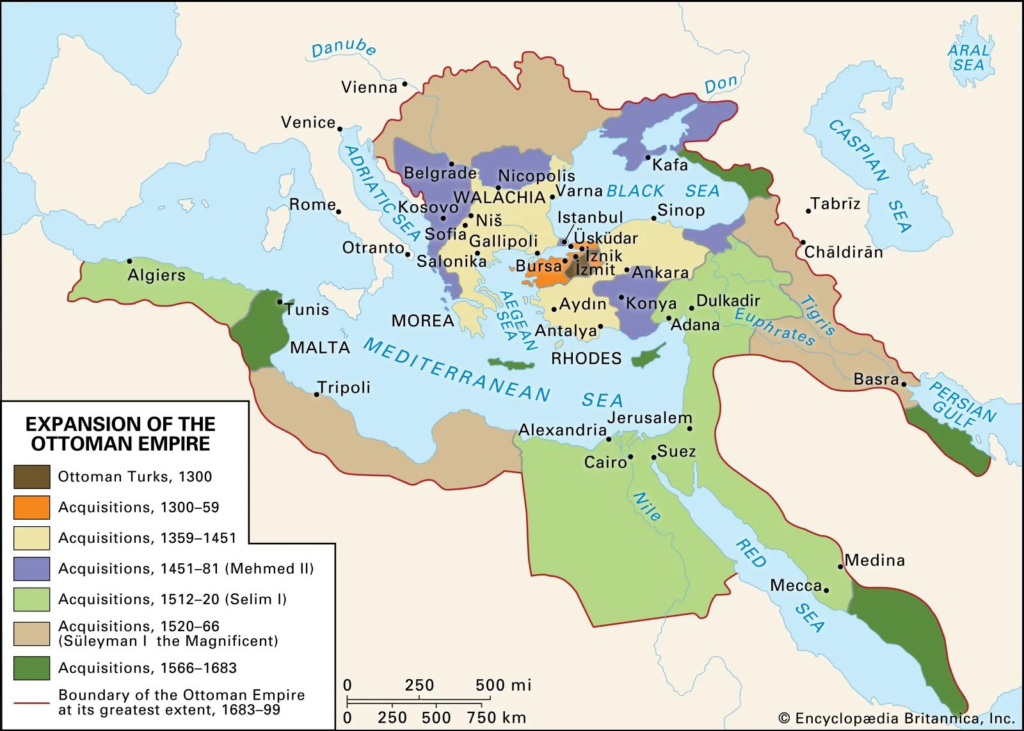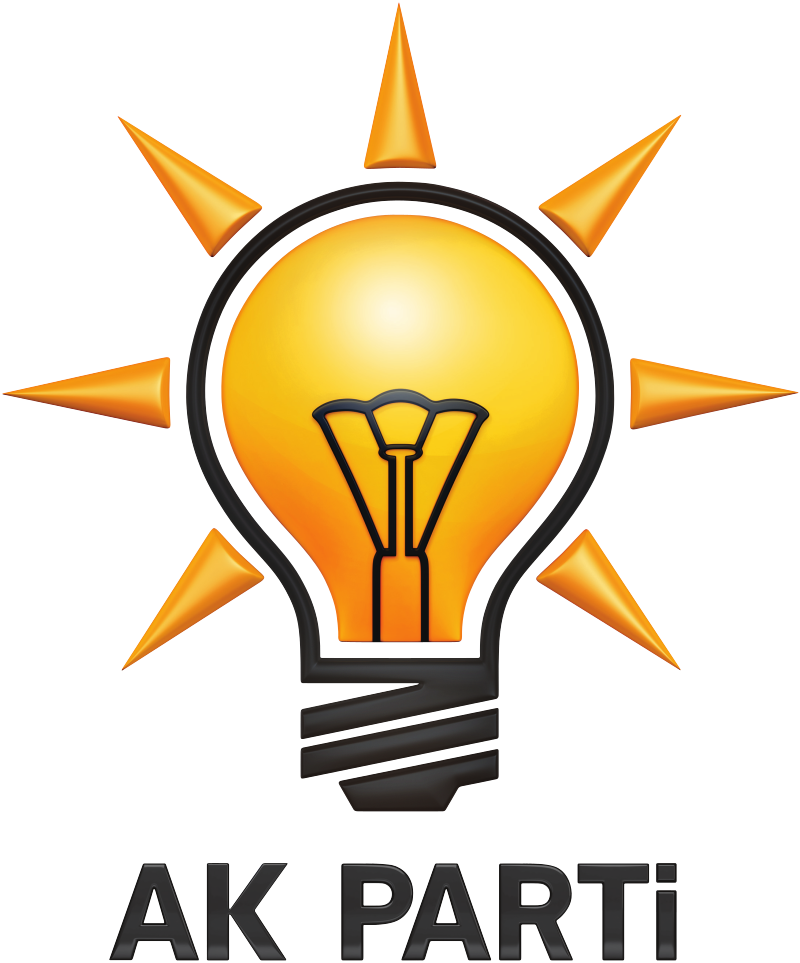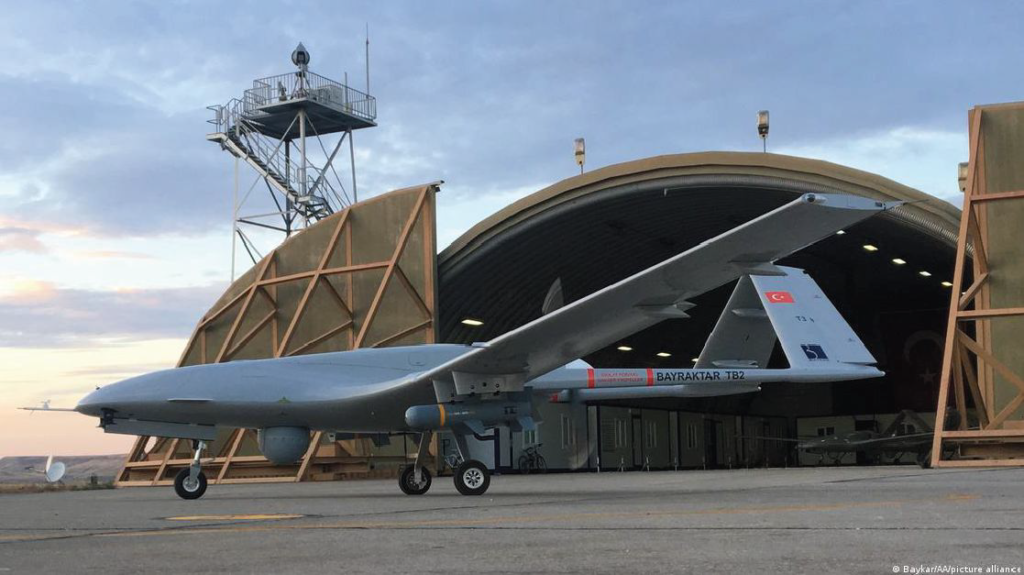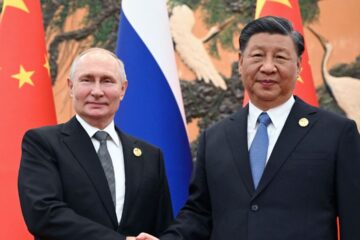TURKEY in AFRICA

It is only since the late 1990s and the early 2000s that Turkey has demonstrated a strong interest for Sub-Saharan Africa. Even though throughout history some sub-Saharan territories found themselves under the Ottoman Empire’s ruling, the later mainly had close ties with the Maghreb. During the course of the 20th century, Africa was not under much Turkish attention, especially during the Cold War when Turkey aligned its African foreign policy with that of the United States. With the end of the bipolar world, the African continent appeared as an opportunity for Turkey to redefine its place on the international stage, particularly after the rejection of its application to join the European Union in 1997. The rise to power of Recep Tayyip Erdogan’s Justice and Development Party (AKP) in 2002 triggered the development of an ambitious cooperation policy with African countries: the year 2005 was qualified as the “Year of Africa” at the same time as Turkey became an observer member of the African Union, three years before becoming a strategic member. This interest in Africa is reflected by the increase of the number of Turkish embassies on the continent from 12 in 2002 to 44 in 2022.
I. Turkey’s objectives in Africa
- Making economic gains at the expense of Western powers historically present in Africa
- Gaining the status of top-tier international power
II. A friendly Islamic power with an anti-western rhetoric
Ankara plays on its historical, cultural and religious proximity with the continent. Indeed, during the 3rd Turkey-Africa Partnership Summit in 2021, Erdogan qualified Africans as brothers and sisters of the Turkish people. Moreover, by building mosques via its Diyanet agency in Mali and Niger for example, Turkey seeks to become a custodian of Islam. Its narrative aims at creating proximity with African countries to develop trust between them. However, we should mention that Africans might fear neo-Ottoman domination and the development of sectarianism as Turkey might be perceived as trying to shape a Muslim world based on its own model. Though, this fear has not materialised yet.

Besides, the strength of the cooperation between Africa and Turkey resides partly in their common will to foster Global South solidarity and challenge the international order. In his book A Fairer World Is Possible (2021), Erdogan criticised the UN Security Council for being responsible for most international injustices. His anti-systemic discourse, that strongly resonates in Africa, can be summed up with his phrase “the world is bigger than five” that targets the five permanent members of the UN Security Council (UNSC). Thus, Turkey proposes its African partners a “third way” based on a new form of non-alignment that breaks away from both Western powers and countries like China and Russia. Erdogan’s rhetoric is also appealing to African countries because they have been humiliated during the last century by Western powers and Turkey points out that those nations still dictate the march of the world through minilateral institutions like the G7. African countries also value more a cooperation with Turkey than other powers because it insists on portraying its involvement on the continent as mutually beneficial in a context in which Western powers like France are accused of neo-colonialism while Turkey highlights its non-colonial past. Besides, the fact that Turkey is willing to represent African interests and defend them against those of greater powers in international organisations, like in 2010 when it was elected at the UNSC, is a another reason why African States might find it easier to cooperate with Turkey.
III. Turkish goods of “European quality for Chinese prices”
Like diplomatic connections, trade volume dramatically increased since 2003: it has been multiplied by 5. In addition to its dynamic manufacturing industry, Turkey’s economic influence in Africa relies on its private sector that actively competes for megaprojects like railway infrastructures, hospitals, mosques, sport facilities…
IV. Humanitarian diplomacy by NGOs close to the Turkish regime
Furthermore, Turkey resorts to humanitarian diplomacy so as to improve its image on the African continent. Overall, it is the world’s second biggest supplier of humanitarian aid with $8 trillion per year, most of it being dedicated to Africa. As a matter of fact, the Justice and Development Party (AKP), of which Recep Tayyip Erdoğan is the leader, uses a network of loyal NGOs that spread anti-Western discourses in Africa.


V. Targeting the youth through cultural contents and educational programs
As a matter of fact, between 1997 and 2013, 100 Gülenist schools opened in almost 40 African countries. These schools’ popularity among African elites explains Erdoğan’s current difficulties in trying to close them and replace them with Maarif schools. Indeed, the 2016 missed coup against his regime was attributed to Fettulah Gülen.

The extent of Turkish soft power in Africa is embodied by the popularity of its TV series that overtake Egyptian ones in terms of audience. Besides, Turkish universities are highly valued by African students and researchers. In addition, Turkish organisations regularly offer traineeships and formations to African diplomats and journalists thus diffusing the regime’s ideology into African spheres of power.
VI. Turkey’s military presence in Africa
A. Turkish arms sales in Africa and Turkey’s flagship products: drones

Even though the share of Turkey in the African arms market seems insignificant with only a 0.5% share, far behind Russia, China, the USA and France, the growth of its arm exports is the most important on the continent. The year 2020-2021 is indicative in this regard with a 455% surge. Turkish arms sales are boosted by unmanned aerial vehicles, in particular TB2 Bayraktar drones whose competitive price, easiness to use, rapid delivery and most importantly combat-proven characteristics are major selling arguments for African States. As a matter of fact, Turkish drones have proved their efficiency in Syria, Libya, Nagorno-Karabakh and more recently in Ukraine. Among the countries that have acquired them, we can find Tunisia, Morocco, Togo, Niger, Mali, Burkina Faso, Ethiopia and Djibouti. Libya, Angola and Nigeria have expressed interest in purchasing them as well. These drones’ reputation is such that Erdogan stated in 2021 that “In Africa, wherever we went, they asked us for unarmed and armed drones”.

Turkey also sells to its African partners armoured vehicles, electro-optical sensor systems and surveillance systems for instance. Besides, the 19 Turkish military attachés deployed in Africa are committed to providing support to national aerospace and defence companies willing to gain market shares on the continent.
B. The formation of African armed forces
Aside from supplying weapons, Turkey has concluded defence agreements with 30 African States to reinforce their bilateral military and technical cooperation. These agreements often include the formation of local armed forces by Turkish trainers in various domains. For instance, since 2020, Turkey provides counterterrorism and counter-narcotics training to dozens of Kenyan police officers. Furthermore, Turkey possesses military training bases in Libya and in camp TURKSOM in Somalia since 2017.

C. Turkish participation in military operations in Africa
Even though since the 1990s Turkey has participated in several UN peace-keeping operations in Africa, and even assumed the command of UNOSOM II between 1993 and 1995, its contribution in terms of volume of personnel has remained rather low. It may be so not only because Turkey’s resources are limited but also because it promotes the principle of “African issues require African solutions” and therefore may want to avoid direct military interventions that could be seen as imperialistic, even if the Libyan case serves as a counter-example. Nevertheless, Turkey has engaged with the international community, especially along its NATO allies, in ensuring maritime security around the Horne of Africa. For example, since 2009, it participates in the Combined Task Force 151 off Somali coasts with the objective of fighting piracy and securing maritime trade routes. Additionally, with regards to the Sahel region, where Turkey seeks to expand its influence as we will see, it gave $5 million to the G5 Sahel to help fight jihadist terrorism.
VII. Territorial sphere of influence
Turkey is currently well-established in Eastern Africa (mainly Somalia) and Northern Africa (mainly Libya). First of all, it endeavours to reinforce its presence in these strongholds. For example, it wants to become the Somalian government’s 1st partner for infrastructure construction and natural resources exploitation. In Libya, as soon as the war ends, Turkey wishes to be the main actor of the country’s reconstruction.

Besides, with the objective of securing maritime routes in the Red Sea, we can assume that Turkey will try to expand its influence in Sudan. In fact, in 2019, it failed to do so in the Sudanese port of Suakin because it lost the support of the regime after the overthrow of Omar al-Bashir by the revolution. With general al-Burhan at the head of the country, given his proximity with the Muslim brotherhood, Turkey may keep looking for opportunities to develop its activities on the shores of the Red Sea.
With the signature of several defence and security agreements with Sahelian countries in the past few years, Turkey may seek to seize the opportunity of the declining French presence in the region to gain economic market shares, including for its military equipment, and to reinforce its diplomatic ties with local governments. We can also formulate the hypothesis that, from a security point of view, Turkey is trying to expand its presence in Western Africa to set up rear bases to defend its interests in Libya.
VIII. Importation of external rivalries into Africa
With Turkey seeking to reinforce and expand its influence in Africa, there is an increased risk of it bringing rivalries with non-African countries into the African continent, thus becoming a source of instability. As a matter of fact, in the Horne of Africa, Turkey has brought the tensions it has with some Muslim countries like Egypt, Saudi Arabia and the United Arab Emirates, because it seeks to spread its own conception of Islam to play a greater world in the Sunni world. Indeed, Turkey’s rivals who had only a limited engagement on the African continent might be motivated to enter the African theatre to counter its growing influence. For example, in Somalia, Turkey has tried to support local actors close to the Muslim Brotherhood, which has led Saudi Arabia and the UAE to try to undermine its presence in the country, though in vain.
IX. Challenges
As we’ve seen, Turkey has great ambitions in Africa. Nonetheless, it will have to address some challenges, namely:
- A lack of financial means compared to its competitors
- An internal economic vulnerability putting at risks its investments in Africa
- Its military influence depends on the establishment of prior bilateral economic relations




1 Comment
RUSSIA, a predator in AFRICA – geopol-trotters · 13 May 2023 at 6:32 pm
[…] its goal in Africa, Russia competes with other global powers such as France, the US, the EU, China, Turkey… All of them approach this rivalry as a zero-sum […]